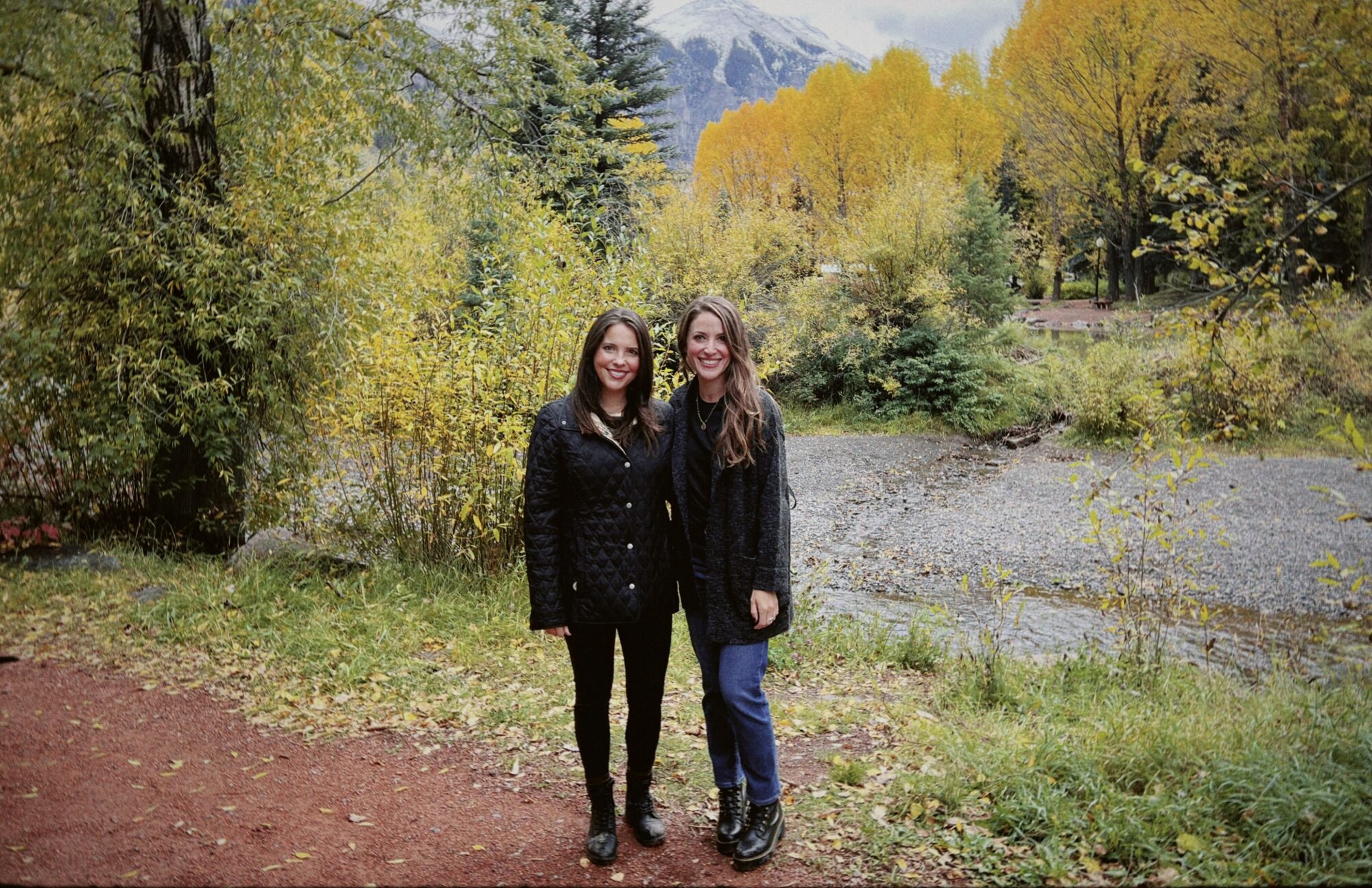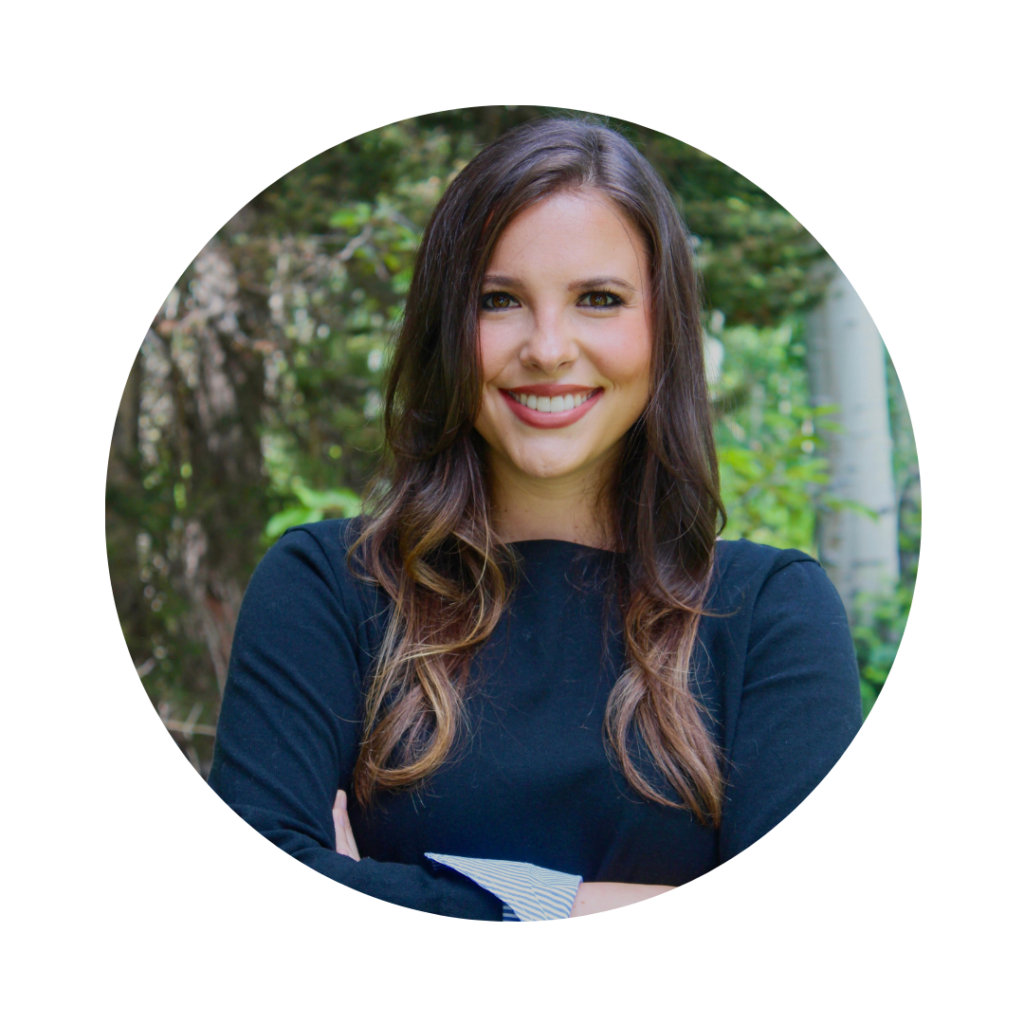From Shame to Change
As a millennial, it is not uncommon for my generation to meet partners on dating apps, so when I graduated college and moved to Denver, I gave the apps a good shot. I set up my profile using my favorite photos of myself, crafted a cheeky bio, and began swiping! The matches rolled in and I felt excited…but the excitement didn’t last long.
There was a big part of myself that was missing from my profile: my disabilities. Because I have invisible illnesses, I would have to explain my disabilities to my new connections. I questioned when and how I should do that. When is too early to disclose? If I don’t disclose right away, am I lying? How much information should I share? I decided that I would only open up about being chronically ill if it became relevant, which varied depending on the conversation. After all, I didn’t feel it was necessary to tell strangers personal medical information, so when it came time to disclose, I shared the bare minimum (which often downplayed the severity).
In Colorado, people place a lot of value on how active a person is. I began to struggle on the dating apps when my matches would ask me if I hiked or which ski pass I had. Sometimes I would try to change the conversation and avoid answering. Other times, I would be honest and say that while I grew up an avid hiker and skier, I was no longer able to do these things because of chronic illness. Often, the conversation would end there because I would get a response saying that they were really looking for an “adventure buddy” and someone who can be active with them every weekend. I convinced myself that I understood and that it is reasonable to want a partner with identical interests.
I wish my rejection stories ended there, but unfortunately, things often escalated. For example, after exchanging around 3 messages on Bumble, my match asked me to go on a walk in the park as our first date. I kindly suggested another activity as I was recovering from knee surgery and still using crutches. He asked what I did to injure my knee and I responded that there was no injury and I have a connective tissue disorder that required surgery on my joint. He proceeded to tell me that he hopes I don’t want children because it would be selfish to pass on my disorder because “that’s how genetics work.” I was traumatized. Obviously, there was never a first date.
There have been other scenarios in which I began dating people and the offensive comments would come later on. A few years ago, I began dating someone and I felt confident in our connection. I was open and vulnerable about my chronic illnesses and how they affect me, and he seemed to accept my limitations and understand my experiences. All was well until he told his family about me and mentioned my complex health. They weren’t supportive of their son dating a chronically ill person and they convinced him that a life with me would be miserable. Crushed, I pleaded with him and tried to prove that I was lovable (looking back, I cringe at how much I tried to change his mind!).
While not every one of my dating app experiences are as dramatic as these, I noticed a pattern that at any mention of chronic illness, my matches would become uninterested, regardless of when I shared that information. I began to internalize these experiences and believe that I wasn’t worthy of love. I believed I was a burden and that it wasn’t fair to put the stress of disability on someone else. I saw myself as broken and unlovable, which led me to feel isolated, lonely, and embarrassed. I was ashamed to tell people about my dating stories, so I kept them bottled up.
Now, through sharing my story, I have realized that my experiences are not uniquely my own. So many people have shared their own stories of discrimination and ableism on the dating apps. Simply put, the mainstream dating apps are not a safe and encouraging space for many disabled people. Most people have to kiss a lot of frogs to find their person, but no one should have to go through abuse, harassment, or discrimination to find them.
For years, I searched to find a dating app where I could find empathetic people with shared perspective and life experiences, but my searches were always unsuccessful. It wasn’t until my sister and I started Dateability that I felt hopeful about finding love. Dateability is an inclusive dating app and is changing the social experiences of disabled and chronically ill people, so that no one feels the need to hide who they really are. We deserve to live authentically and not fear the harassment that can come along with disclosure. Dateability is powered by my personal story, and I’m no longer ashamed to share it.


